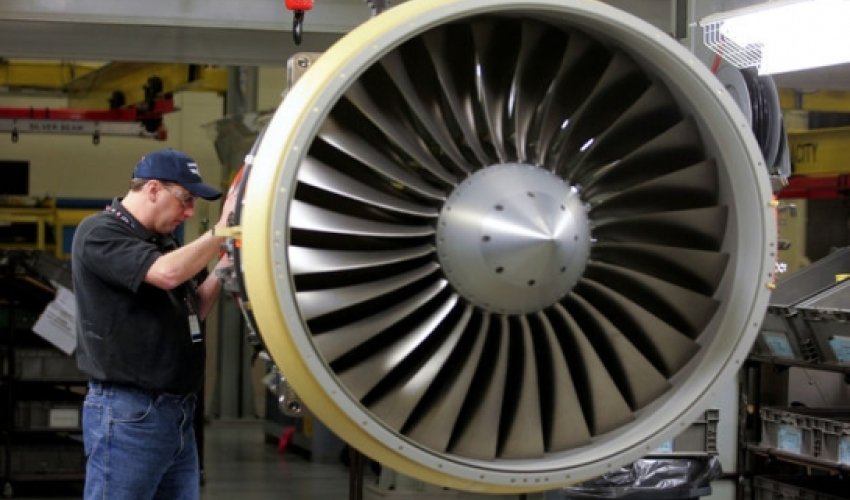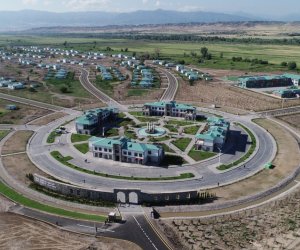US economy grows more than estimated

The biggest gain in U.S. business investment in over two years helped the world’s largest economy expand more than previously forecast in the second quarter, raising expectations for the rest of 2014.
Gross domestic product, the value of all goods and services produced, rose at a 4.2 percent annualized rate, up from an initial estimate of 4 percent and following a first-quarter contraction, Commerce Department reported today in Washington. Other reports showed the outlook for home sales improved in July, fewer people filed claims (INJCJC) for jobless benefits last week and consumer confidence climbed.
Recent data showing American factories are receiving more orders and employment is picking up indicate companies such as General Electric Co. (GE) will probably see demand sustained into the second half of the year. Better growth prospects and little sign of inflation signal Federal Reserve officials can wind down monthly asset purchases while keeping interest rates low.
“The recovery is becoming more well-entrenched,” said Scott Brown, chief economist at Raymond James & Associates Inc. in St. Petersburg, Florida, who correctly projected the gain in GDP. “There is more optimism among businesses about increased demand. Ultimately, the Fed has to think seriously about the end game, though there is no need to hit the brakes any time soon.”
The median forecast of 77 economists surveyed by Bloomberg called for a 3.9 percent gain in GDP. Estimates ranged from 3.5 percent to 4.3 percent.
The report also showed corporate profits climbed by the most in almost four years.
Stocks dropped as concern over the Ukraine crisis overshadowed the improving economic data. The Standard & Poor’s 500 Index (COMFCOMF) declined 0.2 percent to 1,995.96 at 11 a.m. in New York. The yield on the benchmark 10-year Treasury note fell to 2.33 percent from 2.36 percent late yesterday.
The number of Americans filing for unemployment benefits was little changed last week as employers held on to staff in an improving economy, figures from the Labor Department showed. Claims decreased by 1,000 to 298,000 in the week ended Aug. 23. The readings are hovering around the lowest levels of 2007, before the last recession began.
The drop in firings is probably helping Americans feel more secure in their jobs. The Bloomberg Consumer Comfort Index rose in the week ended Aug. 24 to the highest level in more than a month as views of household finances advanced to an almost four-month high, another report showed.
(Bloomberg)
Bakudaily.Az
































 Photo
Photo 



 Video
Video 

